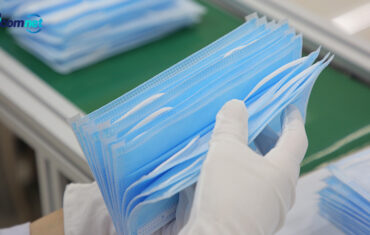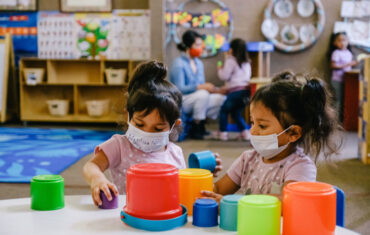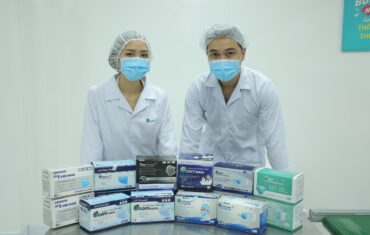Our babies like to put their hands and everything else in their mouth so let’s understand the safety of hand sanitizer for baby.
Risk of Alcohol Poisoning
Most hand sanitizers contain 40 to 95% of ethyl alcohol to killing the bacteria. However, ethyl alcohol is the same alcohol found in alcoholic beverages. The American Association of Poison Control Centers annually reports exposures to hand sanitizers. Some of these exposures include alcohol poisoning. Reports of toddlers and children becoming intoxicated from eating hand sanitizer has increasingly occurred. Therefore, parents need to be aware of this.
Increased Antibiotic Resistance and Hormone Disruption
Manufacturer make hand sanitizers of non-alcohol based chemicals such as the antibiotic-like triclosan. This ingredient relate to both hormone disruption and increased antibiotic resistance. Triclosan and other non-alcohol based ingredients used in hand sanitizers are not fully bactericidal. This allows for bacteria to mutate and become resistant to triclosan and other antibiotics. If you need to have a hand sanitizer for your baby, consider having one with ethyl alcohol rather than triclosan.
Weakened immune system
Babies are born with an unsophisticated immune system. And it is one’s immune system that is important to fight off infections. Increased hand sanitizer use for baby may slow down the development of this immune system maturation. It is important for your baby to be exposed to the usual dirty environment. Then, the baby’s body can learn how to develop and adapt to these exposures.
Increased Allergies
What are the causes behind increased allergies? Research suggests that 70% is genetic but 30% is environmental. The environmental exposure can affect us in two ways. Interactions between genes and the environment could lead to overreactions of the immune system. The Hygiene Hypothesis is another thought that we as a culture are too antiseptic. That exposure to certain germs in childhood will strengthen the immune system.
Now, to finally answer the question of whether hand sanitizer is safe for your baby? The short answer is to be cautious. Consider hand washing with soap as a safer and better alternative to keeping you, your baby, and your family clean.
If you have to use hand sanitizer, you should follow some tips:
- Do not use more than a dime size amount of hand sanitizers for your baby or toddler when wiping their hands before meal time.
- Do not wipe your baby’s toys down with hand sanitizer.
- Use an alcohol-based hand sanitizer rather than triclosan-based one.
- Remember to not make the hand sanitizer so easily accessible to your baby or young children.
- It’s not bad to have a little “dirt” in your baby’s life.






